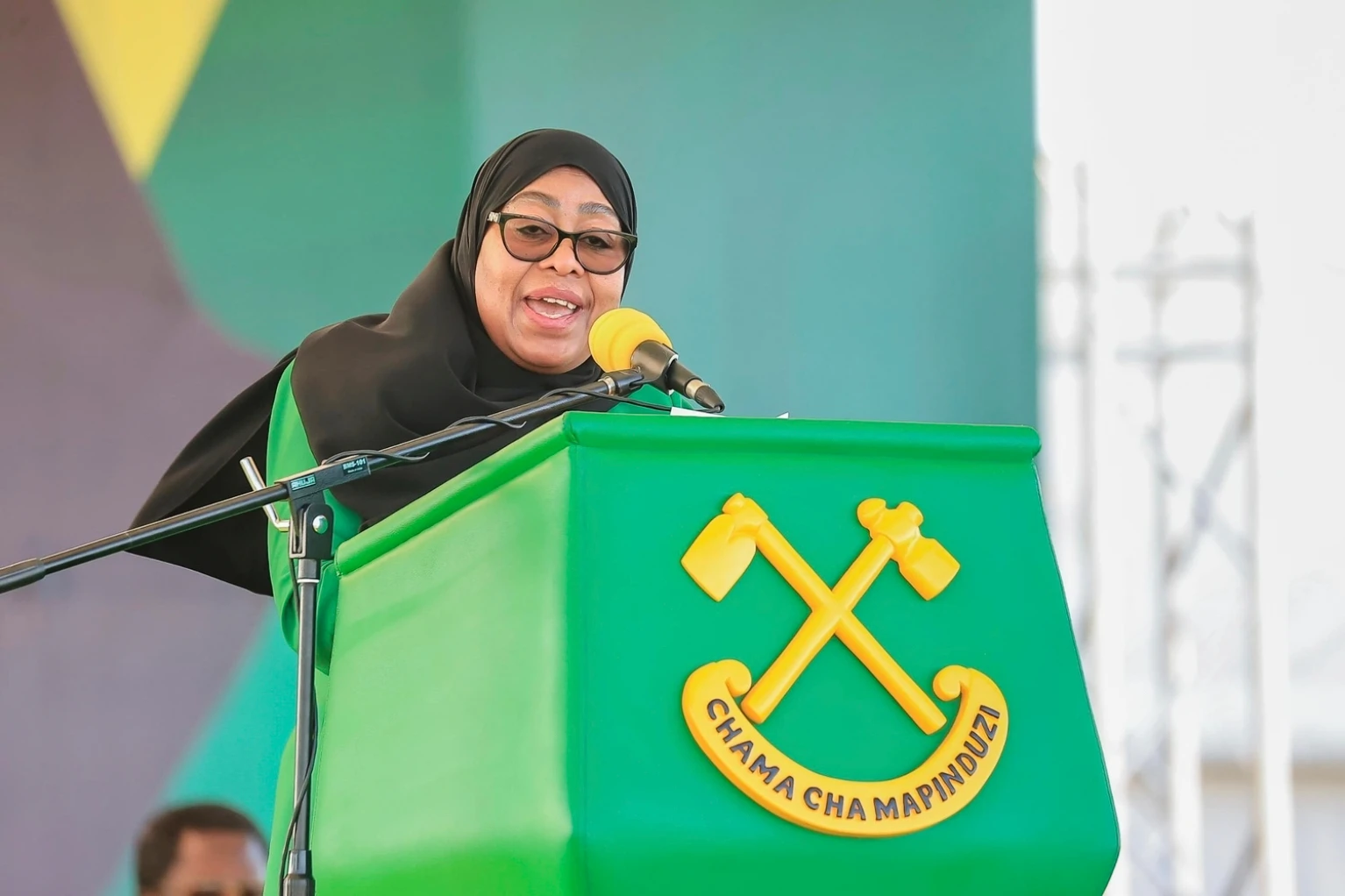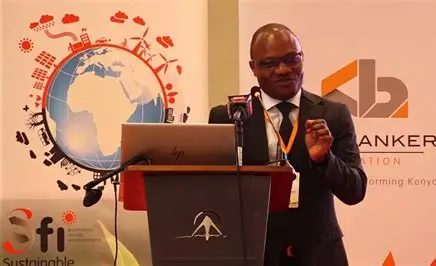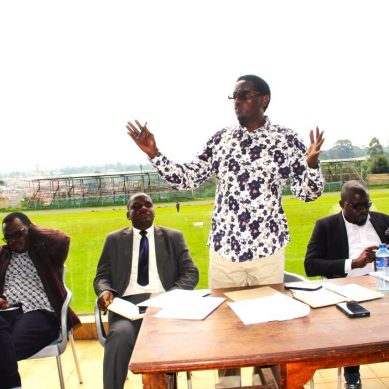
The Ksh1.4 billion ($10.8 million) ‘Last Mile’ connectivity project in Kwale County provides electricity to over 12,707 households, unlocking new opportunities for economic growth.
By powering agribusiness and the blue economy, this initiative is expected to drive accelerated economic development through investments, which will translate to improved livelihoods across the coastal region.
The 12,707 households connected to the national grid is a significant improvement in a region that depends heavily on tourism and maritime transport.
According to the World Bank, “Kenya has achieved substantial progress in economic, social and human development over the past decade. Significant progress has also been made in the energy sector. For instance, Kenya has been taking advantage of its rich renewable resources and has emerged as one of the global leaders in the use of geothermal resources as a clean fuel for power generation.”
The report also notes that Kenya has also experienced an impressive expansion of access to electricity. Kenya now has the highest electricity access rate in East Africa: total access stands at 75 per cent both from grid and off-grid solutions, according to the recent Multi-Tier Framework Energy Access Survey Report.
The last mile connectivity project was commissioned by President William Ruto at Kiwegu Secondary School grounds in Vanga, Kwale County. President Ruto said the purpose of the project is to increase universal access to electricity for Kenyans households in rural areas.
The national government is focusing on enhancing the country’s power infrastructure, improving grid reliability and exploring innovative energy solutions to ensure the smooth development of the country.
Ruto said the new development is expected to improve access to electricity, enhance economic activities, and contribute to the overall well-being of the communities in Kwale.
Universal access to electricity is a key requirement for meeting Kenya’s development goals under Vision 2030 – the country’s development plan and blueprint to become an industrialized and middle-income country providing a high quality of life to all of its citizens.
“Kenya ranked 94th globally in the recently released World Bank Human Capital Index with a 0.52 score. This means that a child born in Kenya today is 52 per cent of who she could be with complete education and full health,” the World Bank says in its 2018 rating of the East African nation.
President Ruto said access to electricity promotes social well-being by improving services such as education, healthcare and security.
The strategy ties with the World Bank projection. It says, “Provision of adequate, affordable and reliable electricity supply will be important supplement to the investments in health and education guided by Kenya’s Vision 2030 to help Kenya move up the index. Achievement of the Big Four Agenda – enhanced manufacturing, food security and nutrition, universal health coverage, affordable housing- is dependent on adequate energy supply.”
According to Ruto, “The government is committed to ensuring that Kenyans especially those in rural areas are provided with electricity either by the national power grid or renewable power option such as solar power.”
President Ruto said connecting more areas to the country’s national electricity grid will be a catalyst for the development of the counties.
Kwale County Governor Fatuma Achani expressed happiness over the new project, noting that increased electricity access would stimulate economic growth, enhance education and improve healthcare services in rural areas.
She said the project will in the long run enhance agricultural productivity, support local enterprises, improve educational outcomes, and bolster healthcare services. Achani reaffirmed her administration’s collaboration with the national government to ensure inclusive development for Kwale residents.
“This project marks a new chapter for Kwale. With more homes and businesses gaining access to power, our people will have better opportunities to thrive,” she said and called on the residents to protect the project against vandals.
She asked the beneficiary communities to use electricity for income generating activities to improve their living standards and contribute towards national development. The coastal county boss stated that access to electricity for households and businesses through the last mile connectivity will spur economic growth at the grassroots level.
Achani emphasised the significance of the project in fostering development and improving the standard of living in the benefiting communities.
According to her the project was a significant stride towards attaining the government’s goal of achieving universal access by the year 2030 besides meeting sustainable development goals.
- A Tell / KNA report / By Hussein Abdullahi








